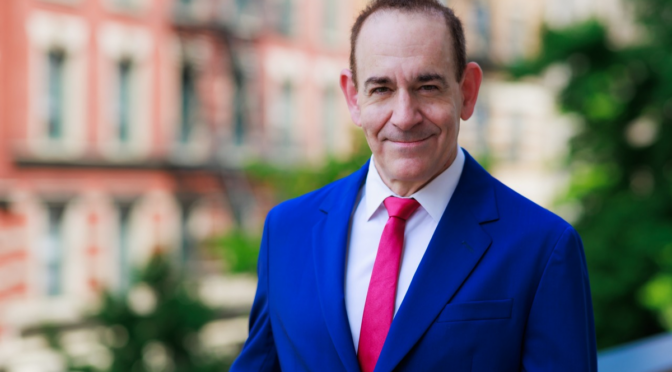The Drake Constitutional Law Center is pleased to welcome Dr. Timothy Naftali as the 2023 Constitution Day speaker. Dr. Naftali will present “Scandalized!?: Rethinking Presidential Scandals in the Modern Era” on Thursday, Sept. 14, at 3 p.m. in Cartwright Hall and virtually via Zoom. This event is free and open to the public. Register here.
Dr. Naftali was the founding director of the federal Richard Nixon Presidential Library and Museum in Yorba Linda, California, where he authored the Library’s nationally acclaimed exhibit on Watergate and oversaw the release of 1.3 million pages of presidential documents and nearly 700 hours of the infamous Nixon tapes. His work has appeared in publications including The New York Times, The Atlantic, and Slate, and he serves as a CNN presidential historian. Most recently, he was featured in CNN’s The 2000s, Presidents Under Fire: The History of Impeachment and The Bush Years: Family, Duty, Power.
Dr. Naftali is currently a Senior Research Scholar with the School of International and Public Affairs at Columbia University. He joined Columbia after serving as Clinical Professor of Public Service and a Clinical Associate Professor of History at New York University (NYU).
“We look forward to welcoming Dr. Naftali for this year’s Constitution Day lecture,” said Mark Kende, director of the Drake Constitutional Law Center and professor of law. “He will discuss certain U.S. political scandals and explore how societal norms and values, public opinion, and media scrutiny impact the political consequences of a scandal and the health of democratic institutions. As one of the nation’s top presidential historians, Dr. Naftali’s discussion of this timely topic will be thought-provoking and illuminating.”
The Drake University Constitution Day Lecture is held annually to commemorate the signing of the Constitution on September 17, 1787, and to recognize all U.S. citizens. This year’s event is co-sponsored by the Drake Center for Public Democracy.
— Taylor Johnson, Law School

